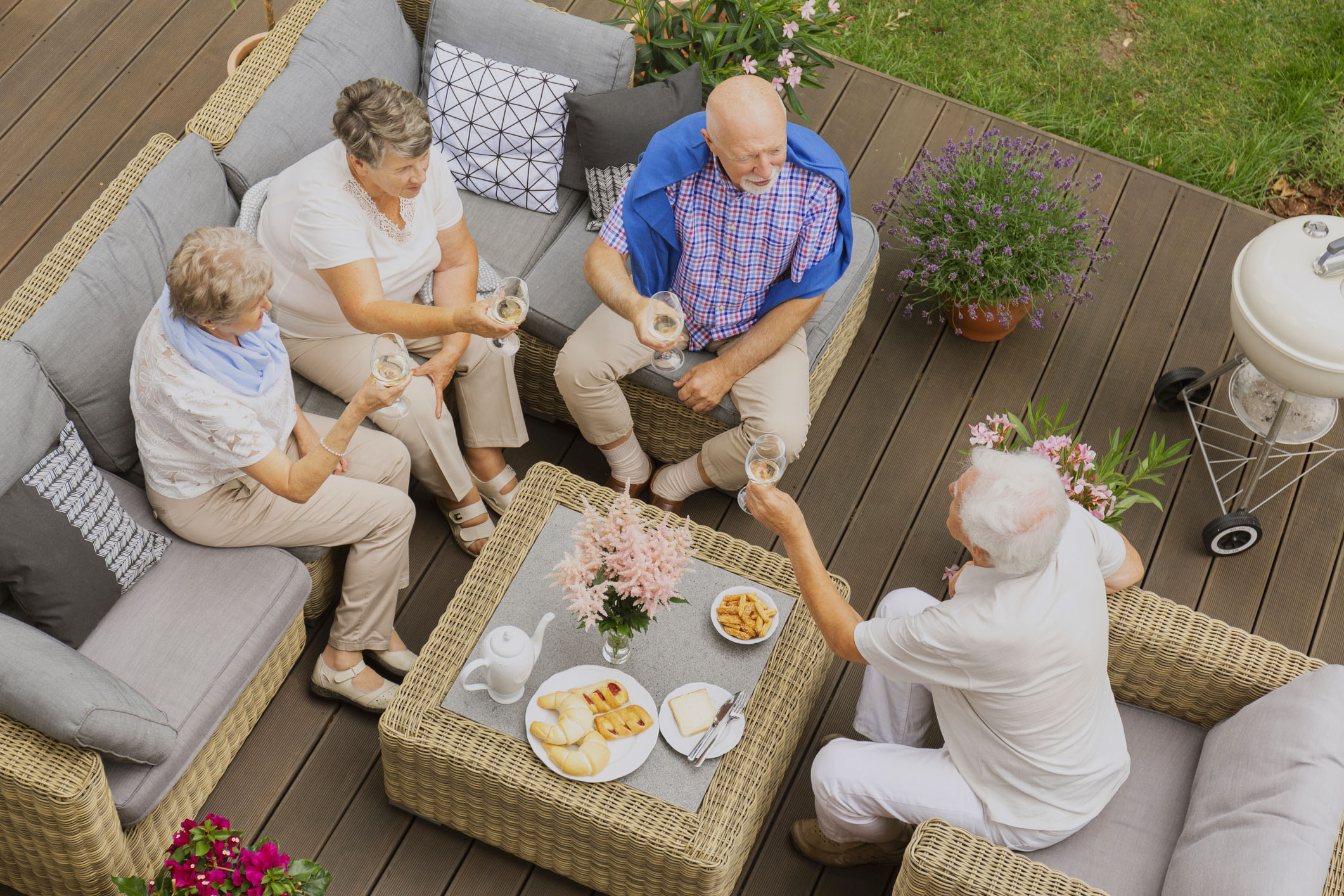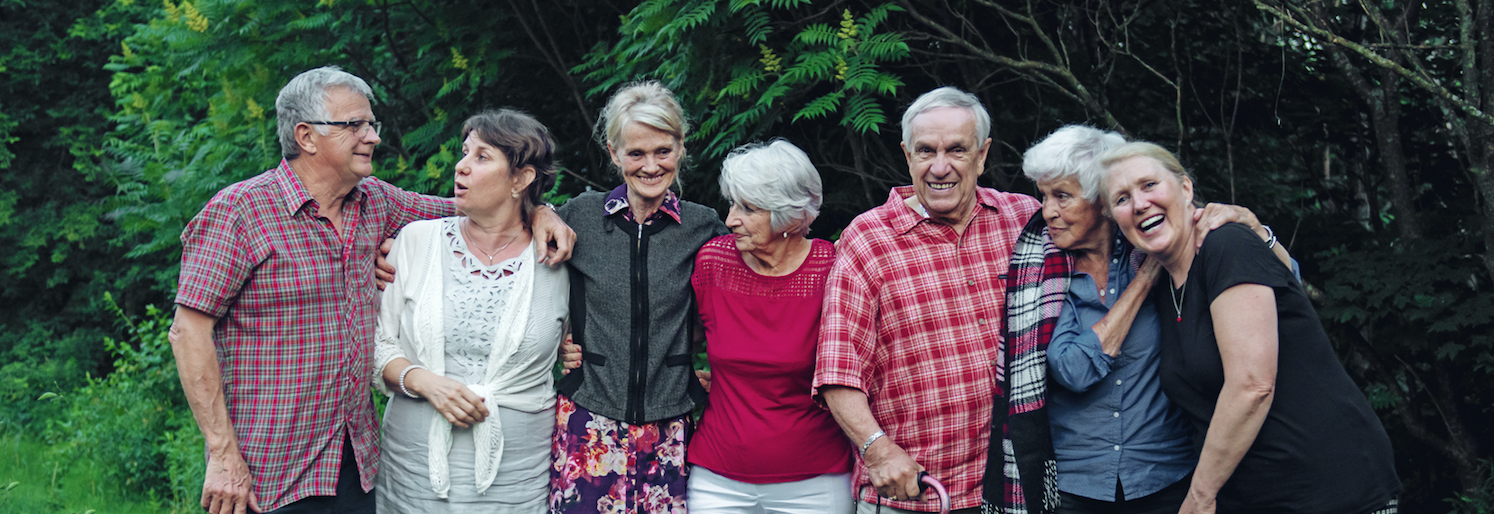Findings from an independent study into healthy aging reveals solid benefits for residents living within retirement communities.
The study discovered that residents:
-
- Are more physically active – experiencing a 75% increase in exercise
- Are 18% less likely to fall
- Are 23% less anxious
- Have measurably increased walking speed
- Are “never or hardly ever” lonely
- Experience a 17% improved memory recall
- Can delay or reverse the onset of frailty

What’s more; that same group showed nearly a 15% reduction in depression and over a 3-year period, money savings of 38% compared with living in their own home.
A similar study of the same age group facilitated by Aston University brought even further evidence of the power of community to light, revealing:
-
- Unplanned hospital stays were reduced from 8 – 14
- Routine and regular visits to a general practitioner were reduced by 46%
- Falls were reduced significantly over the first 2 years
Now compare those facts to the effects isolation, lack of community and lack of companionship can cause:
-
- 1 in 4 older Americans say they feel isolated from other people and 1 in 3 suffer from feeling ‘lonely’
- 28% of them said they were in fair or poor health
- 1 in 5 of them reported having poor hearing
- 17% reported poor mental health
Everyone studied, people ages 50 – 80 ,reported having health issues and unhealthy habits
Them’s the facts, folks. As we grow older, and mobility or hearing becomes more of a barrier to our social lives, the importance of community and maintaining and strengthening our ties to other people become more and more important to our happiness. So strike up a conversation, invite a neighbor over, get in the game and connect with your community and you’ll be the better for it.

